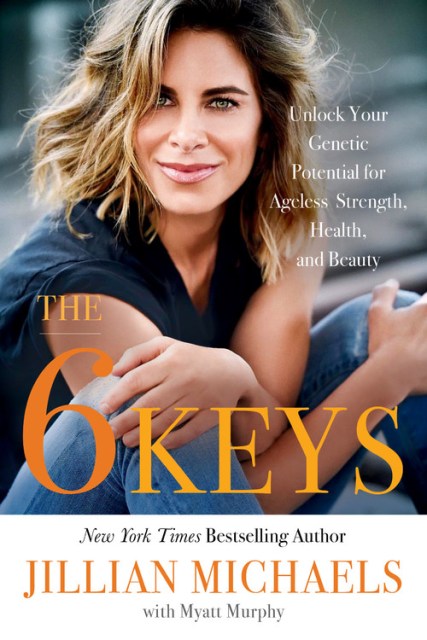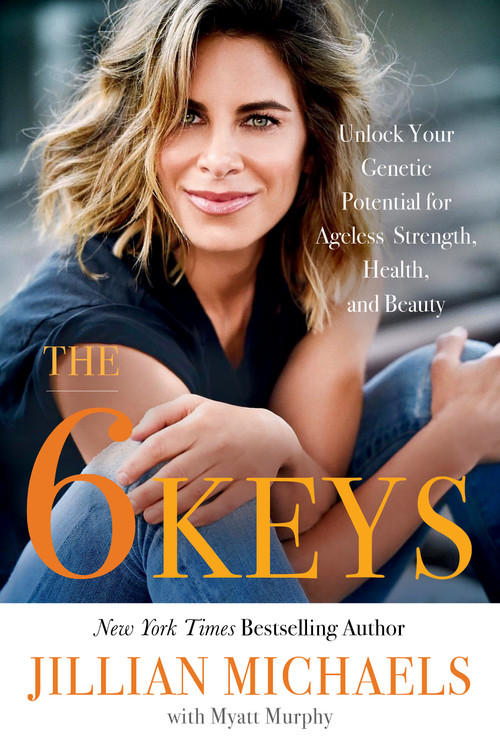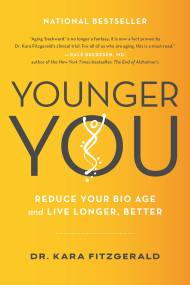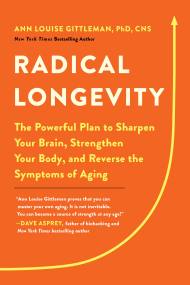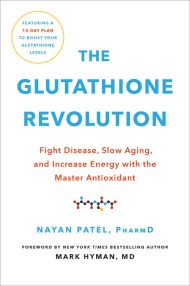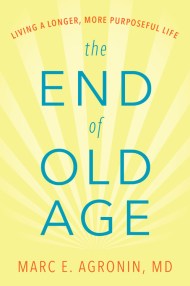The 6 Keys
Unlock Your Genetic Potential for Ageless Strength, Health, and Beauty
Contributors
With Myatt Murphy
Formats and Prices
Price
$17.99Price
$22.99 CADFormat
Format:
- Trade Paperback $17.99 $22.99 CAD
- ebook $14.99 $16.99 CAD
- Audiobook Download (Unabridged)
This item is a preorder. Your payment method will be charged immediately, and the product is expected to ship on or around December 29, 2020. This date is subject to change due to shipping delays beyond our control.
Also available from:
Reverse the effects of aging and maintain optimal health for life through the revolutionary 6 Keys program by New York Times bestselling author Jillian Michaels.
With Master Your Metabolism, Jillian Michaels showed us how to take control of the metabolic machinery underneath our weight and health struggles. Now she's ahead of the curve again — conquering the mayhem, myths, and misunderstandings associated with aging. After all, if you can decide your weight, why not your age?
Scientists and doctors have identified six major age inciters: metabolism, damaged macromolecules, epigenetics, inflammation, stress adaptation, telomeres.
The 6 Keys presents an ageless health, fitness, and beauty plan that addresses all six of them — and gets them working for you instead of against you.
Empowering and rigorously researched, The 6 Keys outlines powerful lifestyle interventions, dietary guidelines, exercise plans, and vanguard strategies for cultivating mindfulness that restore and protect human performance, keeping you fit, healthy, and beautiful for life.
With Master Your Metabolism, Jillian Michaels showed us how to take control of the metabolic machinery underneath our weight and health struggles. Now she's ahead of the curve again — conquering the mayhem, myths, and misunderstandings associated with aging. After all, if you can decide your weight, why not your age?
Scientists and doctors have identified six major age inciters: metabolism, damaged macromolecules, epigenetics, inflammation, stress adaptation, telomeres.
The 6 Keys presents an ageless health, fitness, and beauty plan that addresses all six of them — and gets them working for you instead of against you.
Empowering and rigorously researched, The 6 Keys outlines powerful lifestyle interventions, dietary guidelines, exercise plans, and vanguard strategies for cultivating mindfulness that restore and protect human performance, keeping you fit, healthy, and beautiful for life.
- On Sale
- Dec 29, 2020
- Page Count
- 304 pages
- Publisher
- Little Brown Spark
- ISBN-13
- 9780316448635
Newsletter Signup
By clicking ‘Sign Up,’ I acknowledge that I have read and agree to Hachette Book Group’s Privacy Policy and Terms of Use
